Intro
Boost health with a good fiber diet, rich in soluble fiber, insoluble fiber, and prebiotic fiber, promoting digestive health, weight loss, and lowered cholesterol, while supporting healthy gut bacteria and satiety.
A good fiber diet is essential for maintaining a healthy digestive system and overall well-being. Fiber, also known as roughage, is a type of carbohydrate that is not easily broken down by the body and is found in plant-based foods such as fruits, vegetables, whole grains, and legumes. A diet rich in fiber can provide numerous health benefits, from promoting regular bowel movements to reducing the risk of chronic diseases such as heart disease and diabetes. In this article, we will delve into the importance of a good fiber diet and explore the various benefits it can provide.
A good fiber diet can have a significant impact on our overall health and quality of life. Fiber helps to regulate bowel movements, prevent constipation, and reduce the risk of hemorrhoids and diverticulitis. It can also help to lower cholesterol levels, regulate blood sugar levels, and even aid in weight management. Furthermore, a diet rich in fiber can help to support the growth of beneficial gut bacteria, which is essential for a healthy immune system. With so many benefits to offer, it's no wonder that health experts recommend consuming a diet that is rich in fiber.
The importance of a good fiber diet cannot be overstated. The average person consumes far less fiber than they should, with many people getting less than half of the recommended daily intake. This can lead to a range of health problems, from mild digestive issues to more serious chronic diseases. By incorporating more fiber-rich foods into our diets, we can take a proactive approach to maintaining our health and reducing the risk of disease. Whether you're looking to improve your digestive health, boost your energy levels, or simply feel better overall, a good fiber diet is an excellent place to start.
What is Fiber and How Does it Work?
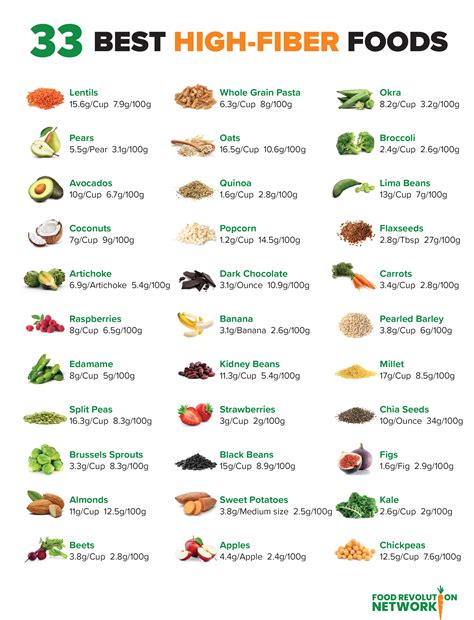
Types of Fiber
There are several types of fiber, each with its own unique benefits and characteristics. Some of the most common types of fiber include: * Soluble fiber: found in foods such as oats, barley, fruits, and vegetables * Insoluble fiber: found in foods such as whole grains, nuts, and seeds * Prebiotic fiber: found in foods such as asparagus, onions, and garlic * Psyllium fiber: found in foods such as psyllium husk and MetamucilBenefits of a Good Fiber Diet
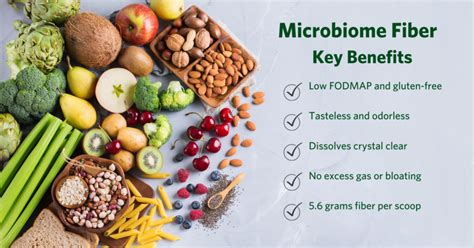
How to Incorporate More Fiber into Your Diet
Incorporating more fiber into your diet can be easy and delicious. Here are some tips for adding more fiber-rich foods to your meals: * Eat more fruits and vegetables, aiming for at least 5 servings per day * Incorporate whole grains into your diet, such as brown rice, quinoa, and whole wheat bread * Add legumes to your meals, such as beans, lentils, and peas * Snack on nuts and seeds, such as almonds and chia seeds * Try fiber-rich foods such as psyllium husk and MetamucilFiber-Rich Foods
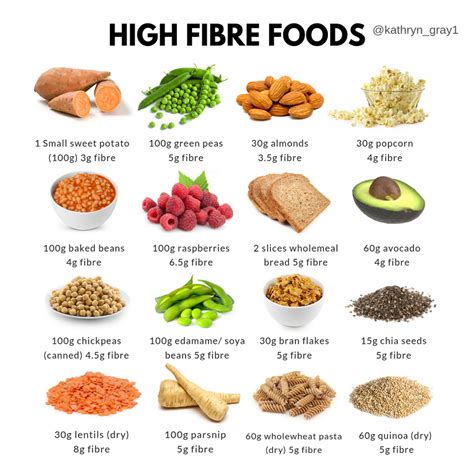
High Fiber Recipes
Here are some delicious and easy-to-make high fiber recipes: * Oatmeal with fruit and nuts * Vegetable stir-fry with brown rice and legumes * Lentil soup with whole grain bread * Grilled chicken salad with mixed greens and whole grains * Smoothie bowl with chia seeds and fruitChallenges of a Good Fiber Diet
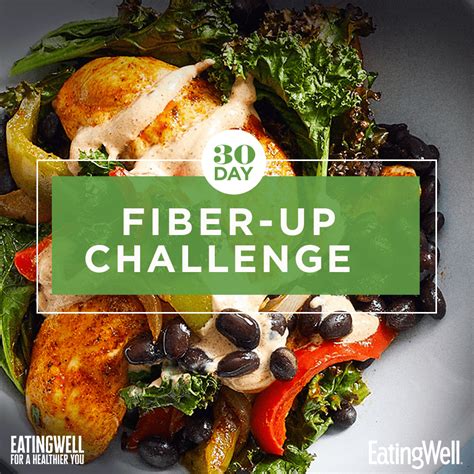
Overcoming Challenges
Here are some tips for overcoming the challenges of a good fiber diet: * Start slowly and gradually increase fiber intake * Drink plenty of water to help fiber move through the digestive system * Choose gentle fiber sources such as oats and barley * Experiment with different types of fiber to find what works best for you * Consider taking a fiber supplement if necessaryConclusion and Next Steps
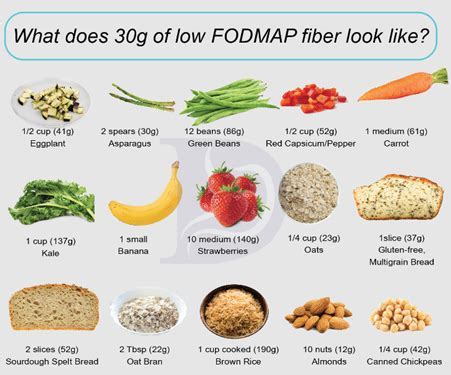
We encourage you to take the first step towards a healthier lifestyle by incorporating more fiber into your diet. Start by making small changes, such as adding more fruits and vegetables to your meals, and gradually increase your fiber intake over time. Don't be afraid to experiment with different types of fiber and find what works best for you. With a little patience and persistence, you can experience the numerous benefits of a good fiber diet and start feeling your best.
What is the recommended daily intake of fiber?
+The recommended daily intake of fiber is 25-30 grams per day for adults.
What are the benefits of a high-fiber diet?
+A high-fiber diet can help promote regular bowel movements, lower cholesterol levels, regulate blood sugar levels, and support the growth of beneficial gut bacteria.
How can I incorporate more fiber into my diet?
+You can incorporate more fiber into your diet by eating more fruits and vegetables, whole grains, legumes, and nuts and seeds.
What are some high-fiber foods?
+Some high-fiber foods include berries, apples, bananas, broccoli, carrots, Brussels sprouts, brown rice, quinoa, whole wheat bread, almonds, chia seeds, and flaxseeds.
